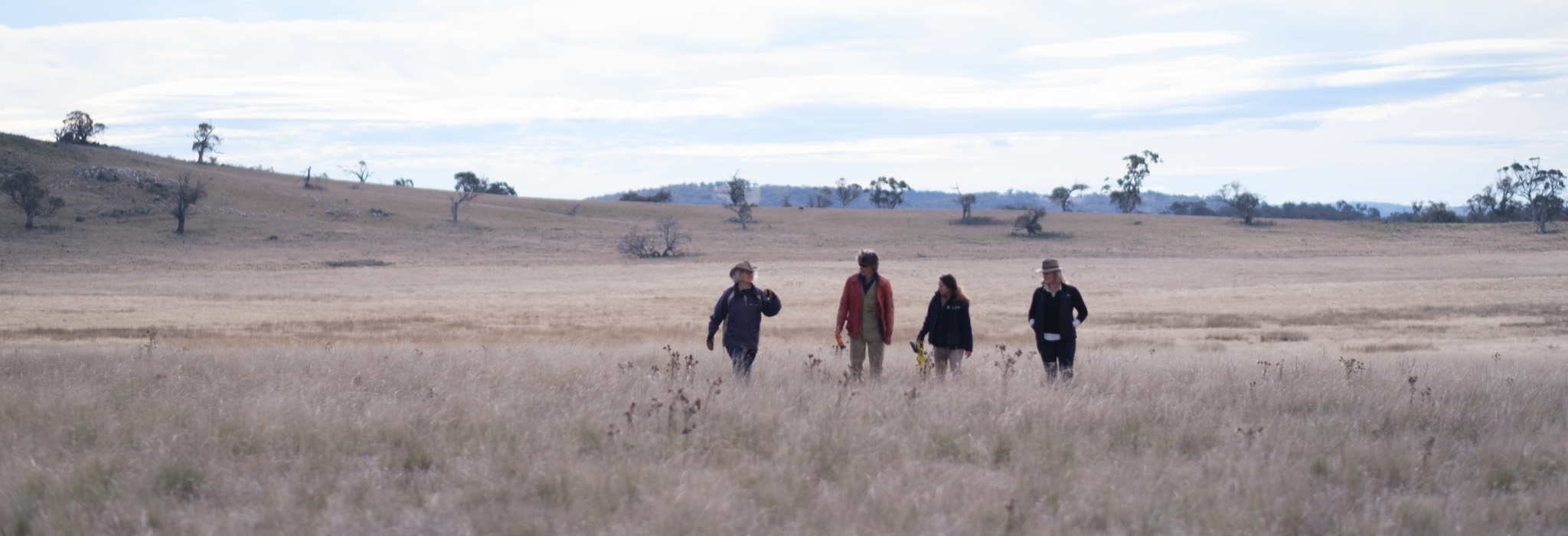Our impact
195,000+ hectares of privately-owned land managed
190+ landholder agreements
40+ threatened species protected
140,000 hectares protected forever
"To be able to run our business and help the plains-wanderer at the same time is something we feel really strongly about. We all win."
- Jim Ives, Hay landholder
With these agreements, eligible landholders receive annual payments to manage and protect native habitat on their land. Agreement-holders commit to conservation management actions, covered by the costs they've bid for, or are offered.
Fixed priced offers
Eligible landholders are invited to submit an Expression of Interest for a fixed price, per hectare, per year to manage conservation on an agreed-to area of their land.
These conservation agreements are available where it's important to invest in conservation to protect at risk habitat and species.
Conservation tenders
Conservation tenders are run up to three times per year in targeted regions of the state as set out in our investment plan. Conservation tenders are available for landholders to set their own price to protect and manage biodiversity on their property.
Comparison of options
| Description | Bid for the costs to deliver an agreed conservation management plan. Bids are competitive | Receive a fixed price to deliver an agreed conservation management plan |
| Min. size of conservation area | Varies | Varies |
| Geographical restrictions | Yes | Yes |
| Agreement length | Minimum 15 years | In-perpetuity |
| Registered on title | Yes | Yes |
| Can be revoked? | No | No |
| Financial support | Successful participants received annual payments, at a price you set | Successful applicants receive annual fixed price payments |
| Actively manage the agreed area | Required | Required |
| Annual reporting | Required | Required |
| Yearly occurrence | Per a schedule of opportunities | All year^ |
| Exempt from council rates? | Yes | Yes |
| Option | This is a conservation tender. It is offered under our Conservation Management Program. | This is a fixed price offer. It is offered under our Conservation Management Program. |
^A new offer opens on 1 March each year.
Note: Applying for a biodiversity stewardship agreement (BSA) can be completed at environment.nsw.gov.au
